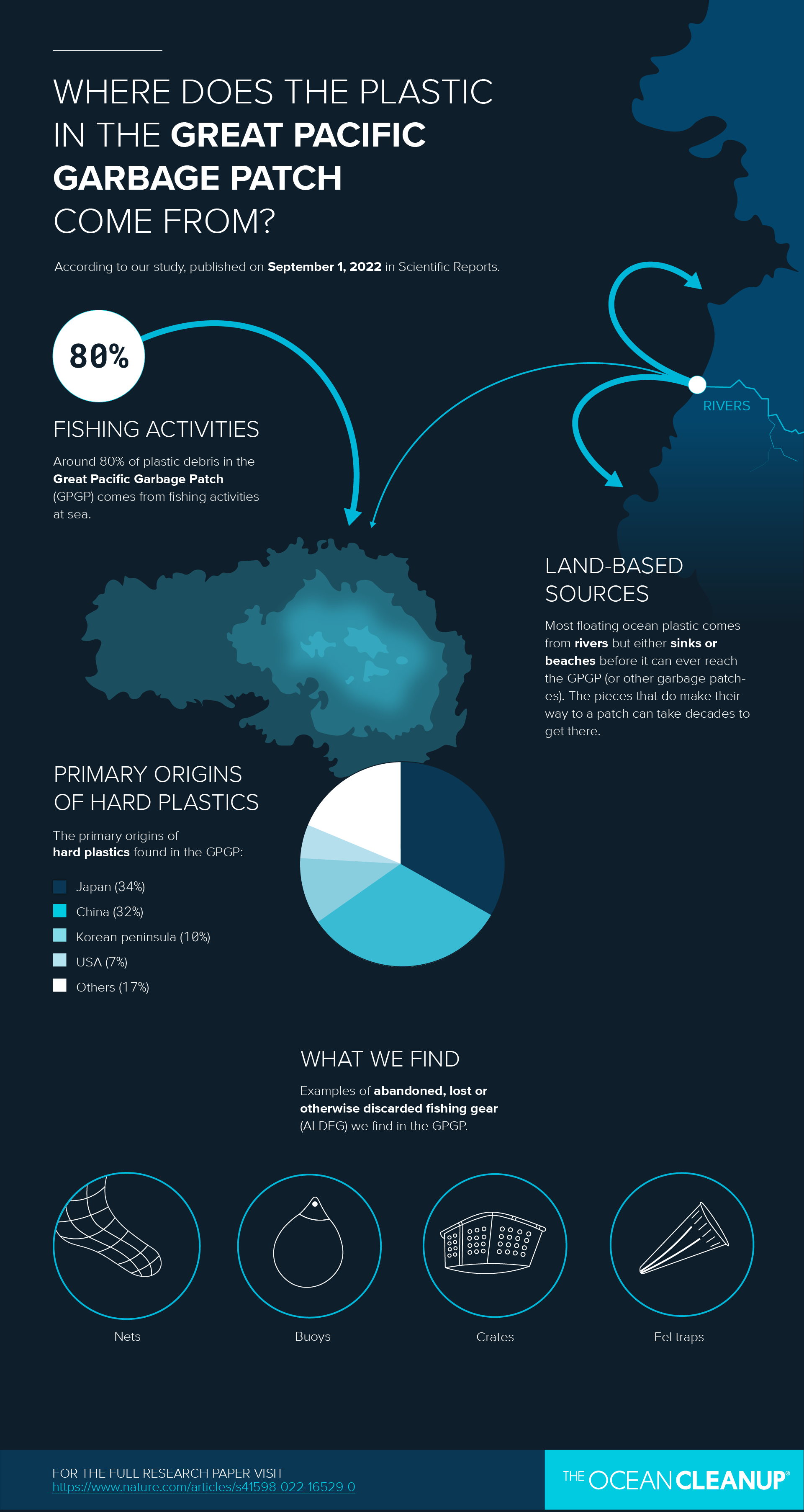
The Ocean Cleanup Challenge
.png?width=890&height=150&name=Untitled-1%20(1).png)
ML is Essential to the Success of Cleaning our Oceans.
Robin de Vries, Machine Learning Lead at The Ocean Cleanup, was explaining that:
"Active steering and computer modeling enable us to target plastic hotspots to improve efficiency. Our models are steadily improved using field data collected during our offshore missions, allowing for continually smarter operations and more focused cleanup."
Join us in helping Robin and participate in the challenge we’re organizing with The Ocean CleanUp, Weight & Biases, OVH & Isahit to build the most advanced ML model to detect plastic in the ocean.
From December 5th to 9th, we’ll build the biggest training dataset of polluted ocean photographs together. We’ll annotate thousands of photographs taken on The Ocean Cleanup’s boats and classify the detected objects to identify waste and train The Ocean Cleanup’s model.
Fill out the form to join the challenge, and join the challenge's Slack channel.
Register to participate!

The Challenge
Every year, millions of tons of plastic spill from our rivers to our oceans. A portion of this plastic travels to ocean garbage patches, where it gets caught in circulating currents. These garbage patches are a heavy burden to our oceanic life and if no action is taken, plastic will increasingly impact our ecosystems, health, and economies.
The current datasets were built using conventional methods (trawls) that are very labor-intensive, or less conventional methods (airplane) that are very costly and complex to organize. The team has worked on an AI object detection software, combined with automated time-lapse image series along GPS-tagged transects. This creates a remote sensing approach to detect and map the dynamic behavior of floating ocean plastic more efficiently. Ultimately, this growing dataset will help us determine where to deploy cleanup in an extensive area with an uneven distribution of plastic debris.
To help The Ocean Cleanup in their mission - to remove 90% of floating ocean plastic, we are organising a data-science challenge during which we’re mobilising hundreds of data scientists to annotate a massive dataset of polluted ocean photographs. This will allow The Ocean Cleanup to boost the efficiency of their plastic detection model, and accelerate the cleaning of our oceans.
During the challenge, participants will annotate images from The Ocean Cleanup’s on-board cameras, classifying the detected objects. With a mix of human and model annotation to accelerate the labeling process, your goal will be to label quickly to create the highest quality dataset.
To succeed during the challenge, we put at your disposal:
- Kili Technology's labeling platform to massively pre-annotate, manually annotate as teams & check the quality of annotation
- OVH GPUs to run the pre-annotation and annotation error detection models
- Weights and Biases' platform to track the performance of your pre-annotation models
By participating in this challenge, you’ll be able to:
- Discover a passionate community of data-scientists committed to fixing the ecological impacts of our economy
- Develop your skillset on a suite of new data-science tools
- Participate in the annotation of 100,000+ images of plastic in oceans
Winners of the challenge will be determined on the efficiency & quality of the labeling, and will be rewarded with extensive free vouchers for all solutions and swag packs!
Participants can join as teams or as single contributors. Beginners are welcome. We recommend using Chrome.
See you soon!

"We have to spend a lot of time preparing high-quality data before we train the model. Just as a chef would spend a lot of time to source and prepare high-quality ingredients before they cook a meal, a lot of the emphasis of the work in AI should shift to systematic data preparation.“
Andrew Ng, Founder of Landing AI and of DeepLearning.AI
“But the real-world experience of those who put them into production shows that (...) it's often the quality of data (...) that makes your AI project succeed or fail.”
Edouard d'Archimbaud, Co-founder & CTO @Kili Technology
"Even after 4 years I still haven't "solved" labeling workflows. Labeling, QA, final QA, auto-labeling, error-spotting, diversity massaging, labeling docs & versioning, ppl training, escalations, data cleaning, throughput & quality stats, etc."
Andrej Karpathy, (Former) Director of AI at Tesla, OpenAI


